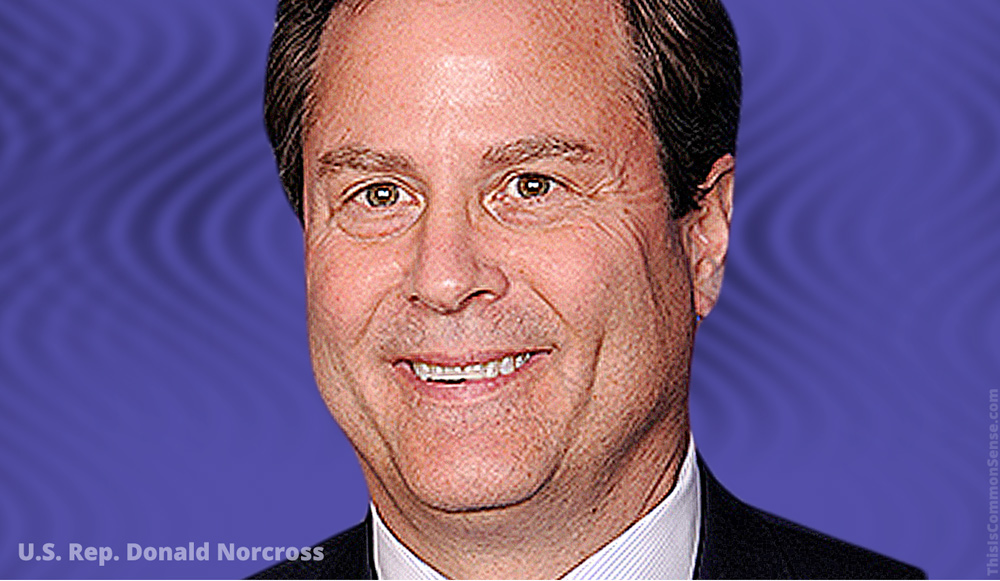One persuasive trick is to say the exact opposite of the truth, and say it with confidence.
What is that?
The proverbial “big lie”? Gaslighting? A “reality distortion field”?
Whatever you call it, U.S. Rep. Donald Norcross (D‑N.J.) used it at a hearing of the U.S. House Education and Labor Committee last month. Interrogating Education Secretary Betsy DeVos, Rep. Norcross “demanded to know why free-market groups supported financially by the DeVos family have … backed campaigns trying to persuade teachers to quit their unions,” as The Detroit News told the story.
The New Jersey Democrat was referencing Secretary DeVos’s enthusiasm for a recent U.S. Supreme Court ruling that undermined the special privileges of public employee unions by disallowing them from their practice of collecting “fees from non-members to cover collective bargaining costs,” The Detroit News explained.
Norcross pulled out all the stops: “In reality, teachers are being targeted, spammed, coerced by groups such as the Mackinac Center for Public Policy — that you probably know something about — and from the Freedom Foundation,” he accused.
Now, all that the Mackinac Center had been doing was informing teachers that they were not required to pay dues to unions to which they do not belong.
The very opposite of coercion!
Is the truth so repellent to the Democrat that its mere statement looms large enough to seem “coercive”?
Scott Adams, Dilbert creator and author of Win Bigly, argues that, when it comes to persuasion, “the facts don’t matter” … unless they are connected to emotion.
Well, calling free choice “coercion” sure connects to my emotions.
Negative ones.
This is Common Sense. I’m Paul Jacob.

—
See all recent commentary
(simplified and organized)

2 replies on “The Very Opposite of Force”
Being a democrat from NJ, he probably gets a good portion of his “contributions” from unions. Does that really surprise anyone?
BTW: I am a union member, by choice, since I live in a right-to-work state.
Thanks for the comment.